The Urban Sustainability Science Laboratory at the University of Tokyo conducts a wide range of research based on environmental engineering and from the perspective of people living in the community.
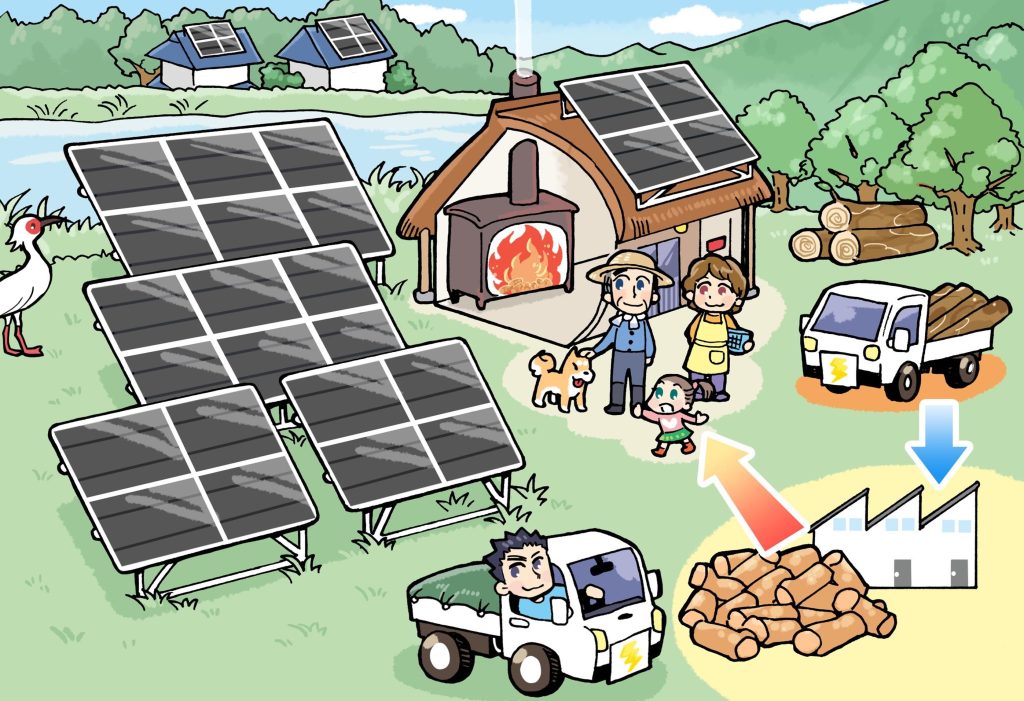
Smart Eco Island Research Center(Energy, Food, Human capital, Health)
We evaluate the effects of introducing renewable energy toward the formation of an energy-independent society in island areas (Sado Island, etc.) and evaluate it as a model of a sustainable local society, including human resource development and food production.
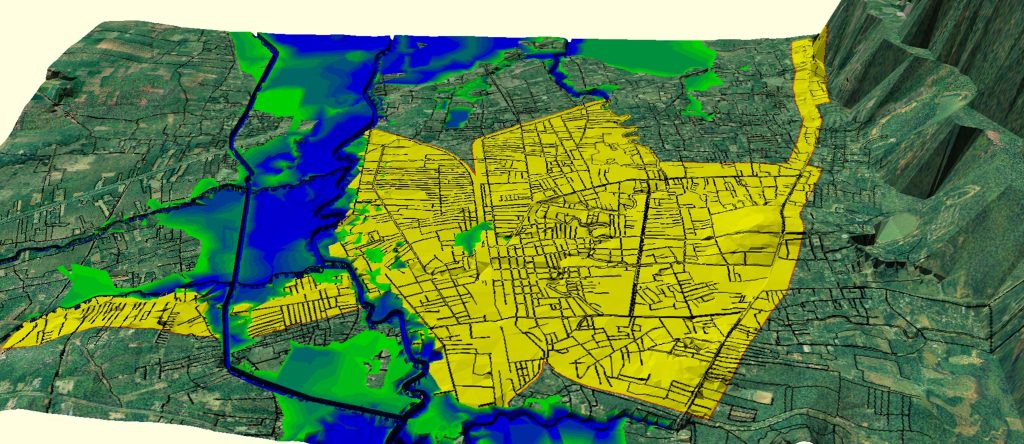
Health risk analysis in Asian cities, Risk communication
Various risks of infectious diseases exist in Asian cities. For example, the likelihood of ingesting fecal contaminated water depends on the people's behaviors during a flood. In addition, the risk of secondary transmission from an infected person to another person is greatly affected by actions such as hand washing. We are developing a risk model based on the people's behaviors and evaluating measures to reduce infections risks. We are also conducting research on risk communication to help people understand various risks.
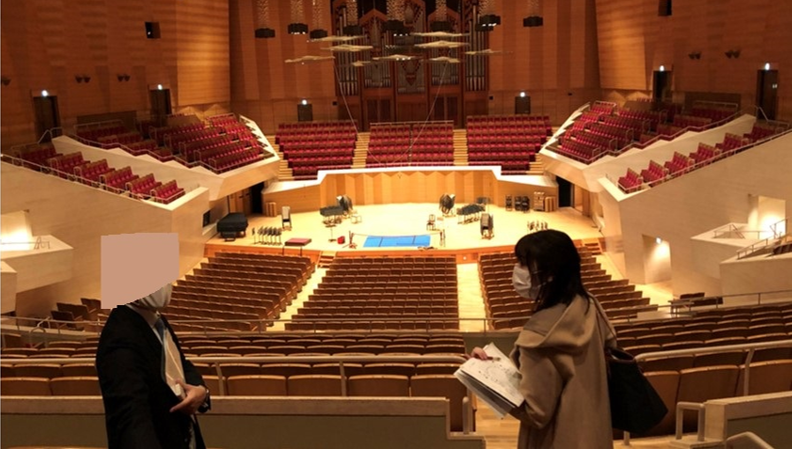
Infection risk analysis in various urban spaces
The spread of COVID-19 has had a major impact on our social lives. Many infectious diseases, including COVID-19, can be mitigated by changing human behavior. This can be seen from the fact that life has become online-centered and wearing masks has become a daily routine. On the other hand, the risk of infection, the cost of changing behavior (including psychological burden and effort), and the benefits of various self and social activities (commuting, shopping, socializing, part-time work, traveling, research, etc.) deciding to act. When considering measures to reduce the risk of infection, it is necessary to properly evaluate each of these aspects. In our laboratory, we use CFD to build infection models in communities and specific spaces that include human behavior, and evaluate effectiveness of intervention measures.

Evaluation of urban allotment from environmental and social viewpoints
Urban gardens have various functions, such as improving amenities and maintaining ecosystems, in addition to providing food. In this laboratory, we are evaluating the multi-dimensional effects of introducing urban farms in Indonesia.
To solve the problem of children's poverty and to contribute to the creation of sustainable society, we are also evaluating the possibility of coordination between community gardens and cafeterias for children.

Sustainable Food Consumption
Greenhouse gas emissions from food systems account for 20-35% of all anthropogenic greenhouse gas emissions, and their contribution to freshwater consumption, eutrophication and biodiversity loss is also an issue. FAO defined "Sustainable Diet" in 2010, and in 2019, "Sustainable Healthy Diet" is advocated with WHO. Under these circumstances, there is a growing trend internationally for consumers themselves to change their eating habits from the perspectives of the environment, health, and animal welfare. In recent years, the shift to new food styles among urban dwellers has been remarkable in Europe and the United States. On the other hand, the market has begun to offer livestock products that do not use antibiotics and have a low environmental impact, and livestock alternatives such as soy meat. How should we proceed with matching these in the future? In our laboratory, we are conducting research on these issues from the perspective of calculating the environmental burden caused by food, providing information to consumers, and consumer acceptance of new food styles.

Climate Change Adaptation and Quality of Life(QoL)
Due to social changes such as population decline, low birthrate and aging population, and globalization, uncertainty for sustainable development is increasing. Climate change has synergy impacts; therefore, consideration of countermeasures is an urgent task for the future of society, businesses, individuals and families. The Climate Change Adaptation Law, which came into effect in 2018, requires each prefecture and municipalities to formulate a regional climate change adaptation plan. In the context of climate change, local governments need to protect the quality of life (QoL) of local residents. We should understand what is relatively important compared to other regions, and what factors are strongly influenced by climate change. It is necessary to take comprehensive measures to determine whether or not the current system is vulnerable. We evaluate the impact of climate change on QoL, including the impact on health and comfort, local industry, tourism, culture, etc., and also evaluate the effectiveness of various adaptation measures.
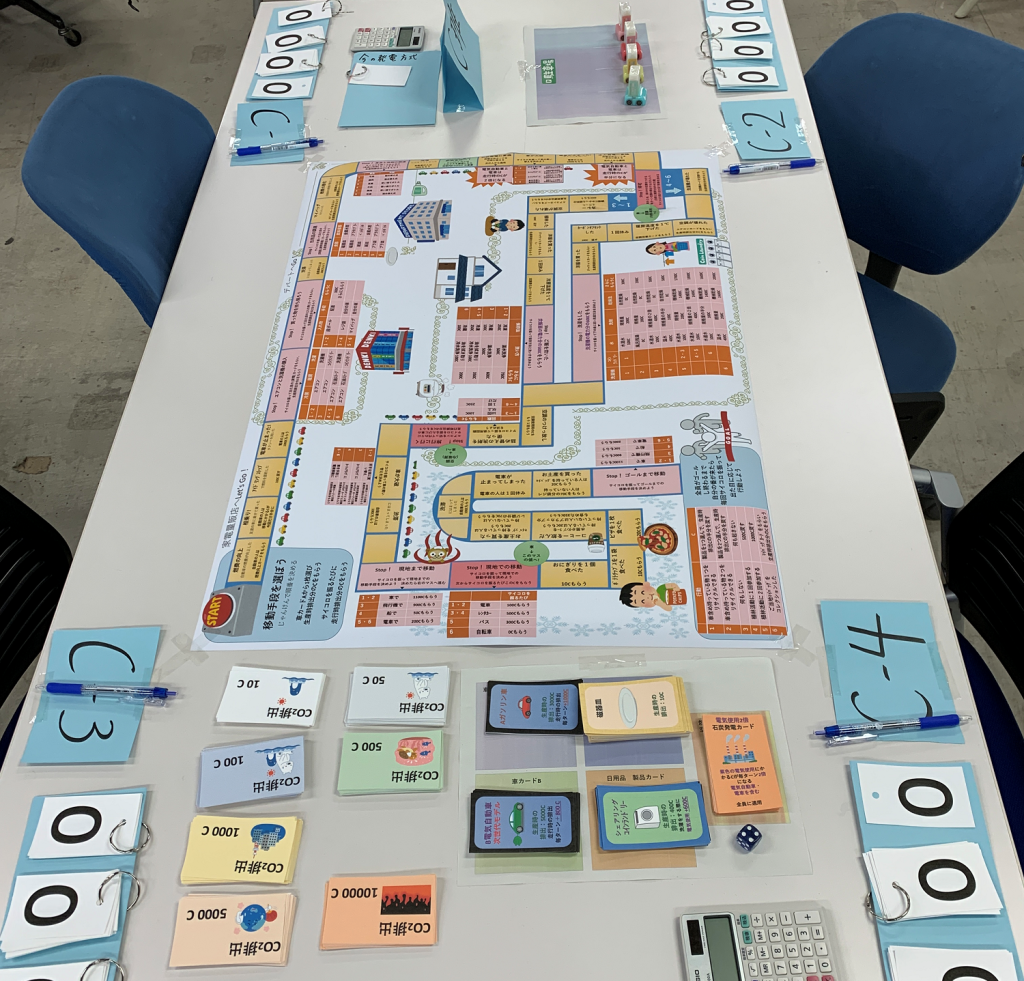
Enhancement of pro-environmental behaviors, Development of educational material
To reduce greenhouse gases, it is essential to reduce emissions from the consumer sector.
We should understand the mechanism of greenhouse gas emission accompanying various consumption behaviors at home. We are conducting research to find ways to lead to pro-environmental behavior. We try to identify the influential psychological factors on consumers' behaviors by model evaluation. We also estimate environmental loads caused by specific behavior by Life Cycle Assessment (LCA). We also try to find the ways to provide information to foster pro-environmental behavors and are developing teaching materials to grow life cycle thinking (LCT).
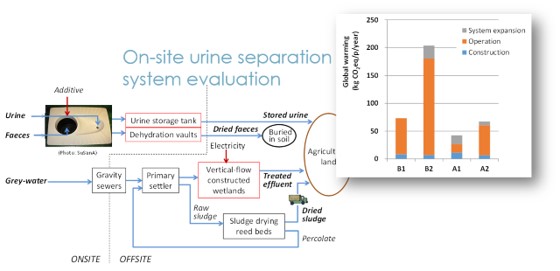
Multi-evaluations of environmental policies and technologies
To solve environmental problems, various scenarios need to be considered. At that time, in each scenario, it is important to know how much environmental loads are emitted throughout the life cycle. The environmental load is not limited to greenhouse gases, but includes various components such as resource consumption, air pollutantion, water pollution, etc. It is also necessary to comprehensively evaluate not only the environmental aspects, but also the social and economic impacts, and the acceptability of the measures from each stakeholder. Our laboratory is conducting multi-evaluation of such environmental measures and environmental technologies. Possible fields include waste management, air pollution measures, introduction of renewable energy, measures to improve water quality in public water spaces, introduction of distributed wastewater treatment system, sharing services, and so on.
